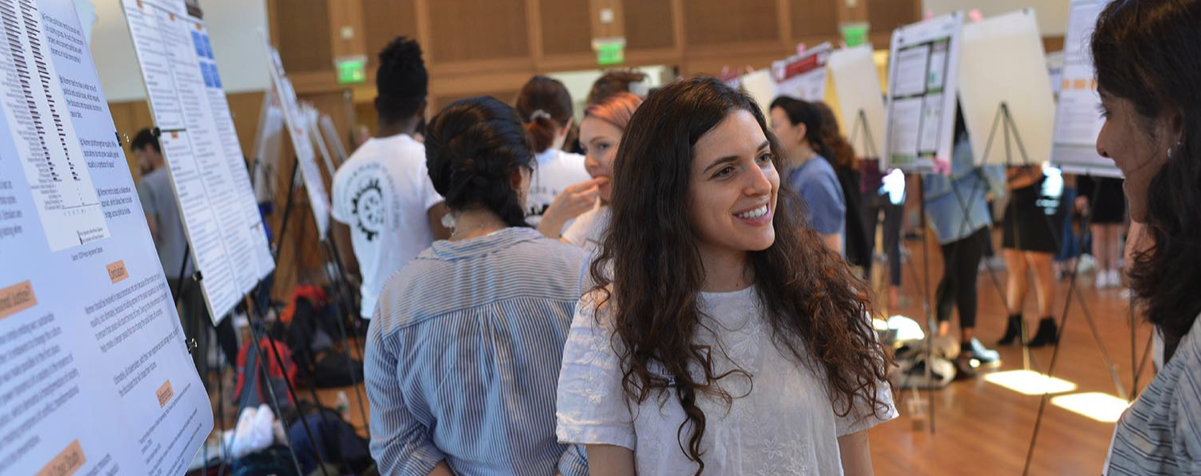Faculty Sponsor: Alexis May Ph. D.
Live Poster Session: Zoom Link
Abstract: This study aimed to investigate the relationships between stigma, communication patterns, and disclosure among romantic partners of military personnel. We collected data from 87 romantic partners—specifically on three dimensions of dyadic communication, patient willingness of discuss suicide history with partner as well as public and self-stigma. Although independent samples t-test revealed no significant relationship between three communication pattern types and disclosure, using the SPSS PROCESS macro we conducted a moderation analysis examining two types of stigma as moderators in the relationship between communication pattern-type and disclosure of suicidal thoughts and behaviors. We found higher levels of patient public stigma in relationships where the partner endorsed higher constructive communication patterns was associated with greater likelihood of disclosure. At higher levels of patient public stigma in relationships with partners reporting that patients withdraw in response to criticism, patients are less likely to disclose suicidal thoughts and behaviors. When the partner reports withdrawing from conversations when the patient criticizes, there is no relationship with disclosure regardless of public stigma. There was not a significant relationship between any communication style and disclosure with self stigma as the moderator. These results suggest the importance of examining the relevance of productive forms of communication in romantic relationships on disclosure, when patients endorse high levels of public stigma around seeking psychological support.
Keywords: stigma, communication patterns, romantic relationships, suicidal thoughts and behaviors
NEW_JEM_poster-draft.pptx



